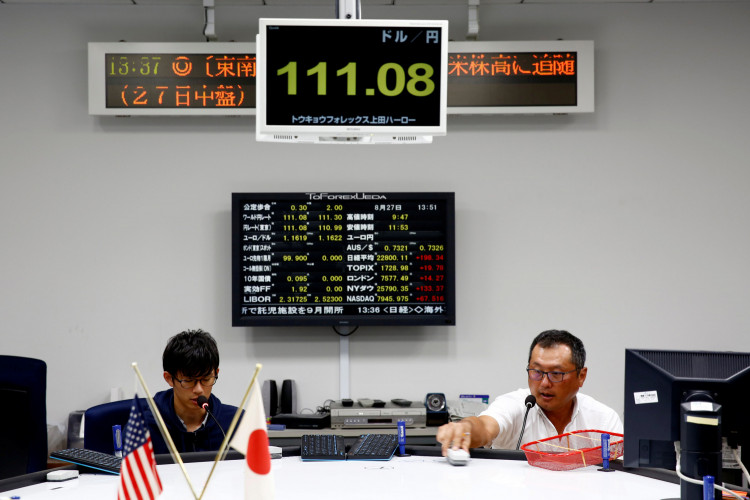President Xi Jinping is guiding China onto a more sustainable growth path although reports show that the country's economy is slowing down and it is enduring some losses along the way. The Chinese government's policies that control risky lending, its effort in developing its industries, and its restraint on home prices added a long-term positive effect on the country's economic stability.
China's economic growth is recorded at its slowest pace in almost thirty years. However, its economic slowdown does not necessarily mean a failure. Economists predict that it is a deep and complicated transition which is expected to shape the future of the country. China is expected to sustain its economy besides its on-going trade stand-off with the United States.
China counters economic blows by implementing targeted tax cuts, allowing investment incentives, and providing more credit to efficient private-sector businesses. Andrew Polk, the co-founder of research firm Trivium China in Beijing, said that Chinese leaders have made impressive initial success in reining in some of the most speculative parts of the country's financial system. He claimed that many analysts aren't recognizing the considerable initial gains in China's economy.
According to Robin Xing, chief China economist of Morgan Stanley in Hong Kong, said that one dividend from Xi's policies to rein in excesses is productivity growth which increased from an average of 1.9 percent annually from 2014 to 2016 to 2.4 percent this 2018. The elimination of excess industrial capacity in some industries like steel and cement are among the key factors that improved the country's productivity growth. Xing predicts that the increase in the country's fiscal obligations will be flat as the year ends. According to him, the total ratio of the country's debt to its gross domestic product is expected about 276 percent. He added that it is expected to increase by three percentage points next year. It is significantly comparable to the annual average 17 percentage point increases from 2007 to 2015.
Xing said that it is the first time China's policy easing is mainly focused on fiscal rather than monetary policy. He added that China won't give up their hard-earned achievements on leverage and capacity control.
China's infrastructure investment growth decreased to 3.3 percent from the start of the year until September of 2017. It is the lowest record since 2014. The government's effort recovered around 3.7 percent year-to-date last month which means that the country implemented more supportive fiscal policies that will greatly contribute to the country's economic stability.






